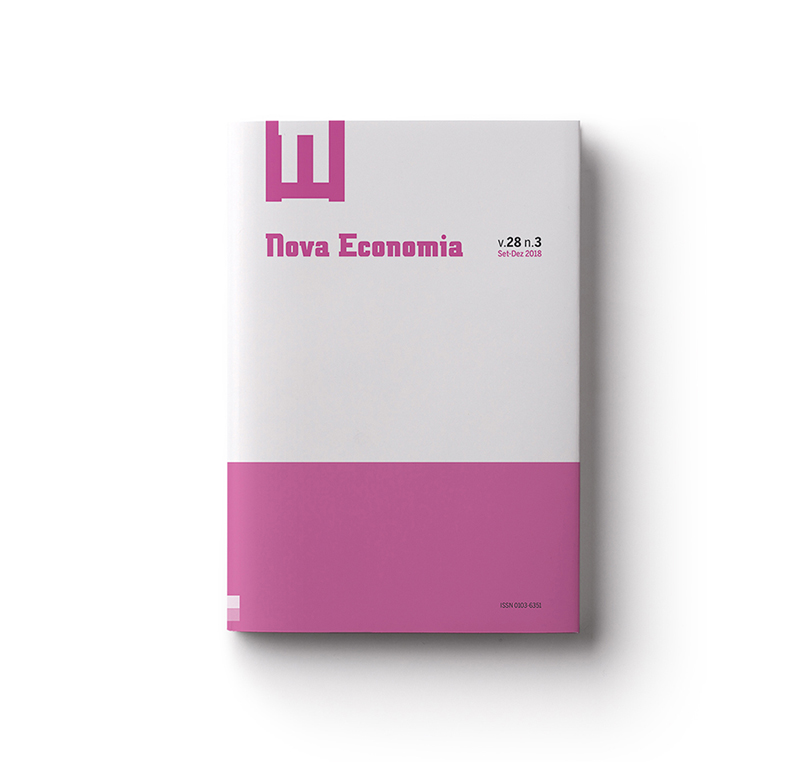Aposentadoria e a transição para o trabalho por conta própria no Brasil metropolitano
Resumo
Este artigo analisa a transição do trabalho assalariado, formal ou informal, para o trabalho por conta própria no Brasil metropolitano, sobretudo, o papel da aposentadoria nesse processo. É importante compreender as transições que ocorrem no final da carreira laboral, particularmente, a escolha pelo trabalho por conta própria, que tem potenciais impactos sobre o bem-estar individual. Os dados utilizados são da Pesquisa Mensal de Emprego (PME), entre os anos de 2002 e 2007. Utilizando a metodologia de pseudopainel, duas principais evidências foram encontradas. Em primeiro lugar, quanto maior a relevância da renda de aposentadoria em relação à renda do trabalho assalariado, menor será a chance de transição. Esse resultado pode indicar que os trabalhadores mais velhos que dependem da aposentadoria para sua sobrevivência possuem uma elevada aversão aos riscos envolvidos no trabalho autônomo. Adicionalmente, trabalhadores informais têm maior chance de transição para conta própria do que os trabalhadores com carteira assinada.
Downloads
Publicado
Como Citar
Edição
Seção
Licença
Autore[a]s que publicam nesta revista concordam com os seguintes termos:
- Autore[a]s mantém os direitos autorais e concedem à revista o direito de primeira publicação, com o trabalho simultaneamente licenciado sob a Licença Creative Commons Atribuição 4.0 Internacional que permite o compartilhamento do trabalho com reconhecimento da autoria e publicação inicial nesta revista.
- Autore[a]s têm autorização para assumir contratos adicionais separadamente, para distribuição não-exclusiva da versão do trabalho publicada nesta revista (ex.: publicar em repositório institucional ou como capítulo de livro), com reconhecimento de autoria e publicação inicial nesta revista.
- Autores têm permissão e são estimulados a publicar e distribuir seu trabalho online (ex.: em repositórios institucionais ou na sua página pessoal) a qualquer ponto antes ou durante o processo editorial, já que isso pode gerar alterações produtivas, bem como aumentar o impacto e a citação do trabalho publicado (Veja O Efeito do Acesso Livre).




